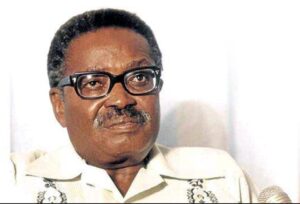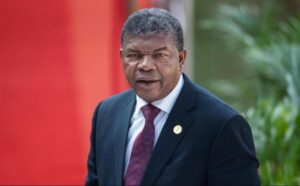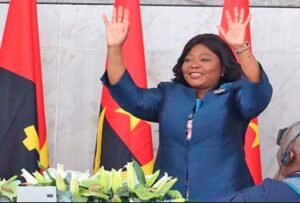Angola, officially known as the Republic of Angola, is a country located on the west coast of Southern Africa. Since gaining independence from Portugal on November 11, 1975, Angola has seen a variety of leaders who have each contributed uniquely to the nation’s development.
READ ALSO: Presidents Have Ruled Tanzania Till Date
Below is a detailed look at the presidents of Angola and their tenures.
| President | Tenure |
|---|---|
| Agostinho Neto | 1975 - 1979 |
| José Eduardo dos Santos | 1979 - 2017 |
| João Lourenço | 2017 - Present |
The First President: Agostinho Neto

Agostinho Neto, born António Agostinho Neto on September 17, 1922, in Ícolo e Bengo, was a pivotal figure in Angola’s fight for independence.
As the first President of Angola, his tenure began in 1975 and tragically ended with his death in 1979. Neto’s leadership was instrumental in establishing the foundation of the newly independent nation.
Notable Achievements:
- Independence Leader: Neto was a leading figure in the Movimento Popular de Libertação de Angola (MPLA), which fought against Portuguese colonial rule. His efforts were crucial in gaining independence for Angola.
- Cultural Contributions: Besides his political role, Neto was also a celebrated poet and a significant cultural figure in Angola. His writings inspired many and played a part in shaping national identity.
Downsides:
- Civil War: Neto’s presidency was marred by the onset of the Angolan Civil War, a conflict that would last for decades and cause significant suffering and instability in the country.
READ ALSO: Presidents That Have Ruled DR Congo Till Date
The Current President: João Lourenço

João Lourenço, born March 5, 1954, in Lobito, has been serving as the President of Angola since September 26, 2017. His leadership marks a significant shift in the political landscape of Angola, following the long tenure of his predecessor, José Eduardo dos Santos.
Notable Achievements:
- Anti-Corruption Efforts: One of Lourenço’s significant initiatives has been his anti-corruption campaign. He has taken steps to dismantle the pervasive corruption that plagued previous administrations, targeting high-profile figures, including members of the dos Santos family.
- Economic Reforms: Lourenço has introduced various economic reforms aimed at diversifying Angola’s economy, which has been heavily reliant on oil. These reforms are designed to attract foreign investment and stimulate growth in other sectors.
Downsides:
- Economic Challenges: Despite his efforts, Angola’s economy continues to face significant challenges. High unemployment rates and inflation remain pressing issues, and many citizens are yet to see the benefits of the economic reforms.
- Political Resistance: Lourenço’s reforms have met with resistance from entrenched political elites and institutions, making it difficult to implement changes swiftly and effectively.
READ ALSO: Presidents That Have Ruled Ethiopia Till Date
The Current Vice President: Esperança da Costa

Esperança Maria Eduardo Francisco da Costa, born on May 3, 1961, in Luanda, Angola, is a prominent Angolan biologist and politician.
She is currently serving as the 4th Vice President of Angola, a position she has held since September 15, 2022, following her election as the deputy head of the Popular Movement for the Liberation of Angola (MPLA) party during the 2022 general elections
READ ALSO: Presidents That Have Ruled Libya
A Historical Perspective
Angola’s journey since independence has been shaped by its leaders, each bringing their vision and approach to governance.
Agostinho Neto’s era was defined by the struggle for freedom and the early challenges of nation-building. José Eduardo dos Santos’ long presidency saw both stability and controversy, with significant oil wealth but also widespread corruption and a protracted civil war.
João Lourenço’s current administration is characterized by a strong stance against corruption and efforts to revitalize the economy, though challenges remain.
Angola’s leadership history provides valuable insights into the complexities of governance in a post-colonial state. The nation’s future continues to evolve under the guidance of its current leaders, who are striving to build a more transparent and diversified economy while addressing the legacies of the past.
Conclusion
The leadership of Angola has seen a transformation from the revolutionary zeal of Agostinho Neto to the reformist agenda of João Lourenço.
As the country moves forward, the contributions of these leaders, along with the support of vice presidents like Bornito de Sousa, will shape Angola’s path toward a more prosperous and equitable future. The challenges are significant, but so too are the opportunities for progress and development.
